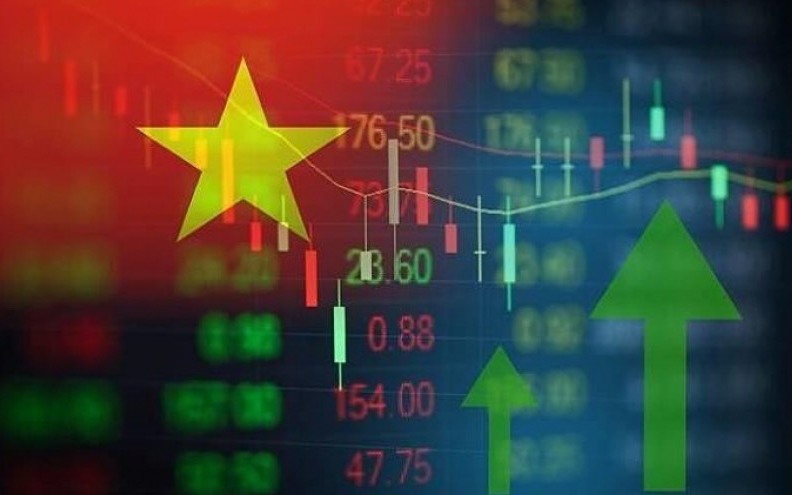
Polarized picture and historical knot

Cumbersome foreign investment procedures that have been in place for many years are being removed, opening up opportunities to attract capital flows and raise the level of the Vietnamese stock market.
In the context of Vietnam's economy striving to make a breakthrough, the picture of foreign capital flows in the first nine months of 2025 has a remarkable differentiation. According to the latest data from the Ministry of Planning and Investment , total registered foreign direct investment (FDI) in Vietnam reached 26.14 billion USD in the first eight months of the year, up 27.3% over the same period last year. This impressive figure reflects the strong confidence of multinational corporations in Vietnam's long-term prospects, especially in the trend of diversifying global supply chains.
However, on the contrary, the indirect investment (FII) capital flow still has a less positive development. Statistics from the Ho Chi Minh City Stock Exchange (HOSE) show that in March 2025, foreign investors net sold more than VND 9,560 billion. This trend continued in the third quarter, with the trading session on September 24, 2025 recording a net selling value of approximately VND 1,600 billion on all three exchanges. Even in the trading session on September 25, 2025, foreign investors continued to net sell strongly on the HOSE with a value of VND 1,509.69 billion.
This paradox raises a big question: what barriers are holding back FII capital flows? Experts point out that the problem lies not in macro factors but in administrative barriers. The procedure for opening an account for foreign investors in Vietnam has been likened to a "matrix" for many years, lasting several months or even longer. The requirement for consular legalization of documents issued by foreign agencies has become a "bottleneck", wasting time and money, reducing investment flexibility and efficiency.
Legal boost from 2 new circulars
Faced with that situation, the State Bank has launched two important legal "levers", Circular 03/2025/TT-NHNN and Circular 25/2025/TT-NHNN.
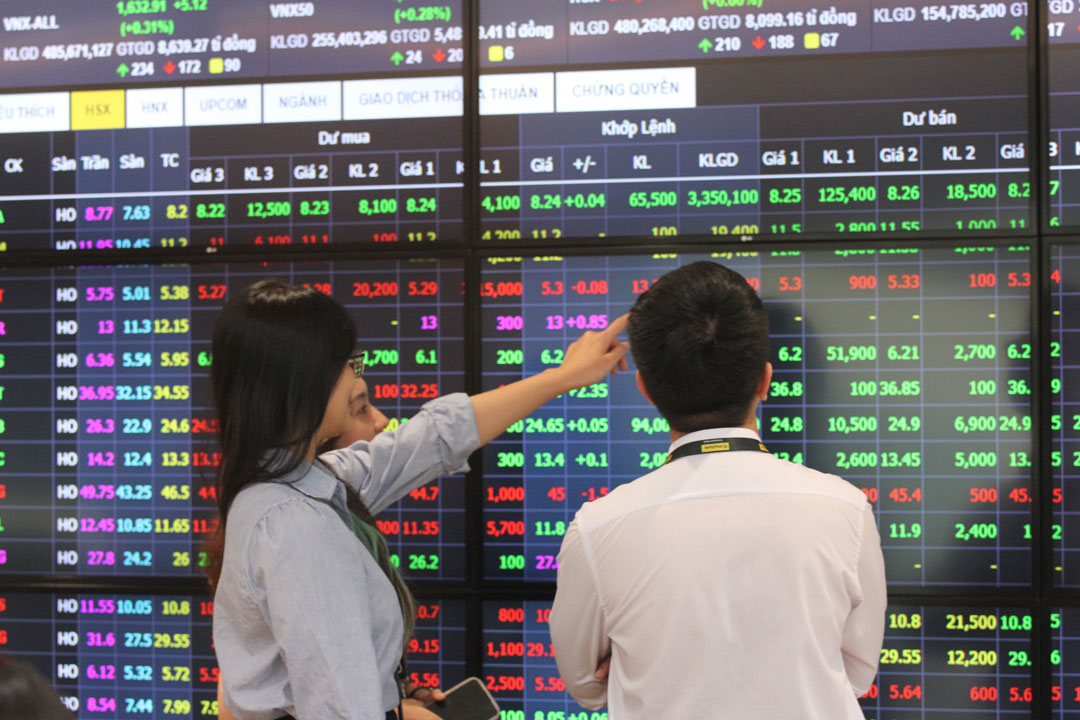
Foreign investors are allowed to open multiple accounts under the same trading code in appropriate cases, helping them manage their investment portfolios more flexibly.
Circular 03/2025, effective from June 16, 2025, has made a "revolution" by officially abolishing the requirement for consular legalization for foreign investors' account opening documents. This breakthrough change is expected to shorten the account opening time from several months to just a few days, creating unprecedented favorable conditions for foreign capital flows. The Circular also allows foreign investors to open multiple accounts under transaction codes in reasonable cases, helping them manage their investment portfolios more flexibly.
To complete the picture, Circular 25/2025, issued on August 31, 2025, continues to modernize the process by allowing foreign investors to authorize financial institutions to open, close, and use payment accounts. According to experts, this authorization mechanism demonstrates the SBV's trust in the role of intermediary financial institutions, helping to professionalize the entire process. In addition, Circular 25 also expands the types of identification documents and allows the use of the SWIFT system in opening and using payment accounts, without requiring biometric verification when making electronic transactions.
Instead of strict control through administrative procedures (pre-control), the State Bank has switched to a more open mechanism to encourage capital flows, but at the same time, it has strengthened monitoring of cash flows through technology and stricter anti-money laundering (AML/KYC) identification and prevention processes.
The response from international experts and investors has been very positive. According to Dr. Can Van Luc, Chief Economist of BIDV , member of the National Financial and Monetary Policy Advisory Council, shortening the account opening time will help improve the competitiveness of the Vietnamese stock market, attract more foreign capital and contribute to upgrading the market. Mr. Nguyen The Minh, Director of Research and Development for Individual Clients of Yuanta Securities Vietnam, also commented that these changes in technical conditions, together with the operation of the KRX System, will create a great driving force to promote the capital market and attract more capital from foreign investors.
This belief is reinforced by large investment funds themselves. Mr. Petri Deryng, head of Pyn Elite Fund, one of the largest foreign funds in the market, remains very confident in investments in Vietnam. The fund projects that the VN-Index could reach 2,500 points in 2025-2026, based on the solid fundamentals of the economy, including expectations of market upgrade. Although foreign net selling is still taking place in the short term, the positive responses and long-term expectations from investment funds show that the policy is being seen as a strategic step, building confidence for the return of capital flows in the future.
Upgrade roadmap and final pieces
Upgrading the stock market from frontier to emerging is one of the Government's strategic goals until 2030. One of the most important criteria for upgrading is "market accessibility", including procedures related to account opening and money transfer. Circulars 03 and 25 have directly and thoroughly addressed this issue, which is considered a specific and important step in the reform roadmap. This move demonstrates effective coordination between agencies, especially the State Bank, the Ministry of Finance and the State Securities Commission, to remove obstacles and create the most optimal conditions for foreign investors.
Although the new policy focuses on facilitation, the SBV is still committed to strengthening financial risk control, especially anti-money laundering (AML) and know-your-customer (KYC). The new Circulars require banks to conduct investor and authorized organization identification in accordance with anti-money laundering laws.
However, to achieve high efficiency, economic and financial experts agree that there needs to be close coordination between authorities, banks and investors in implementing the new regulations. The biggest challenge now is the technological and procedural readiness of commercial banks. If banks cannot quickly update their internal systems and procedures, the actual account opening time may still be prolonged, creating a gap between investors' expectations and actual experience.
"The SBV's request for commercial banks and foreign bank branches to urgently and synchronously implement Circular 03/2025 and Circular 25/2025 is an important step in attracting foreign indirect capital flows into the Vietnamese market. This is an important piece in the overall picture. If implemented effectively, this policy will not only create a more vibrant and professional market but also contribute significantly to the goal of upgrading the market and promoting sustainable economic growth in the long term," financial expert Nguyen Tri Hieu affirmed./.
Source: https://vtv.vn/nut-that-nghin-ty-duoc-go-cu-hich-dong-von-ngoai-va-mo-duong-nang-hang-thi-truong-10025092514325106.htm




![[Photo] Prime Minister Pham Minh Chinh receives Lao Minister of Labor and Welfare Phosay Sayasone](https://vphoto.vietnam.vn/thumb/1200x675/vietnam/resource/IMAGE/2025/11/11/1762872028311_dsc-2246-jpg.webp)






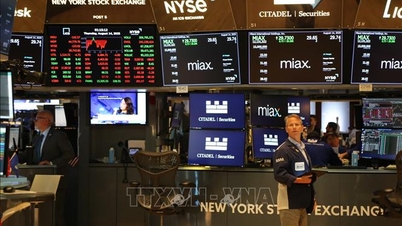

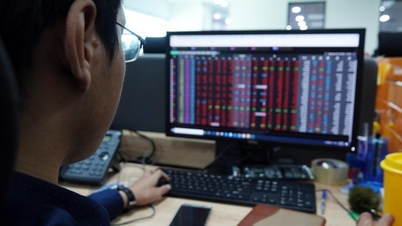

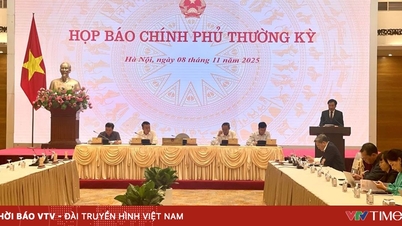







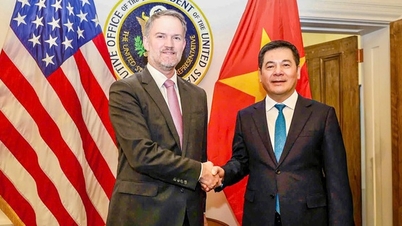






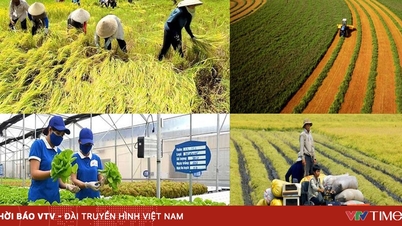
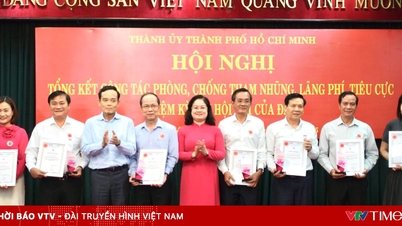





































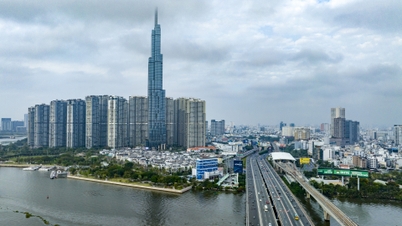





















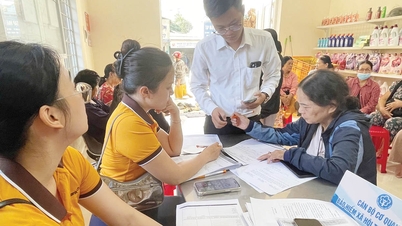





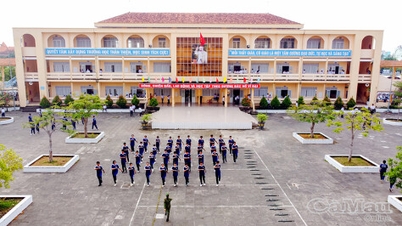




![Dong Nai OCOP transition: [Article 3] Linking tourism with OCOP product consumption](https://vphoto.vietnam.vn/thumb/402x226/vietnam/resource/IMAGE/2025/11/10/1762739199309_1324-2740-7_n-162543_981.jpeg)








Comment (0)